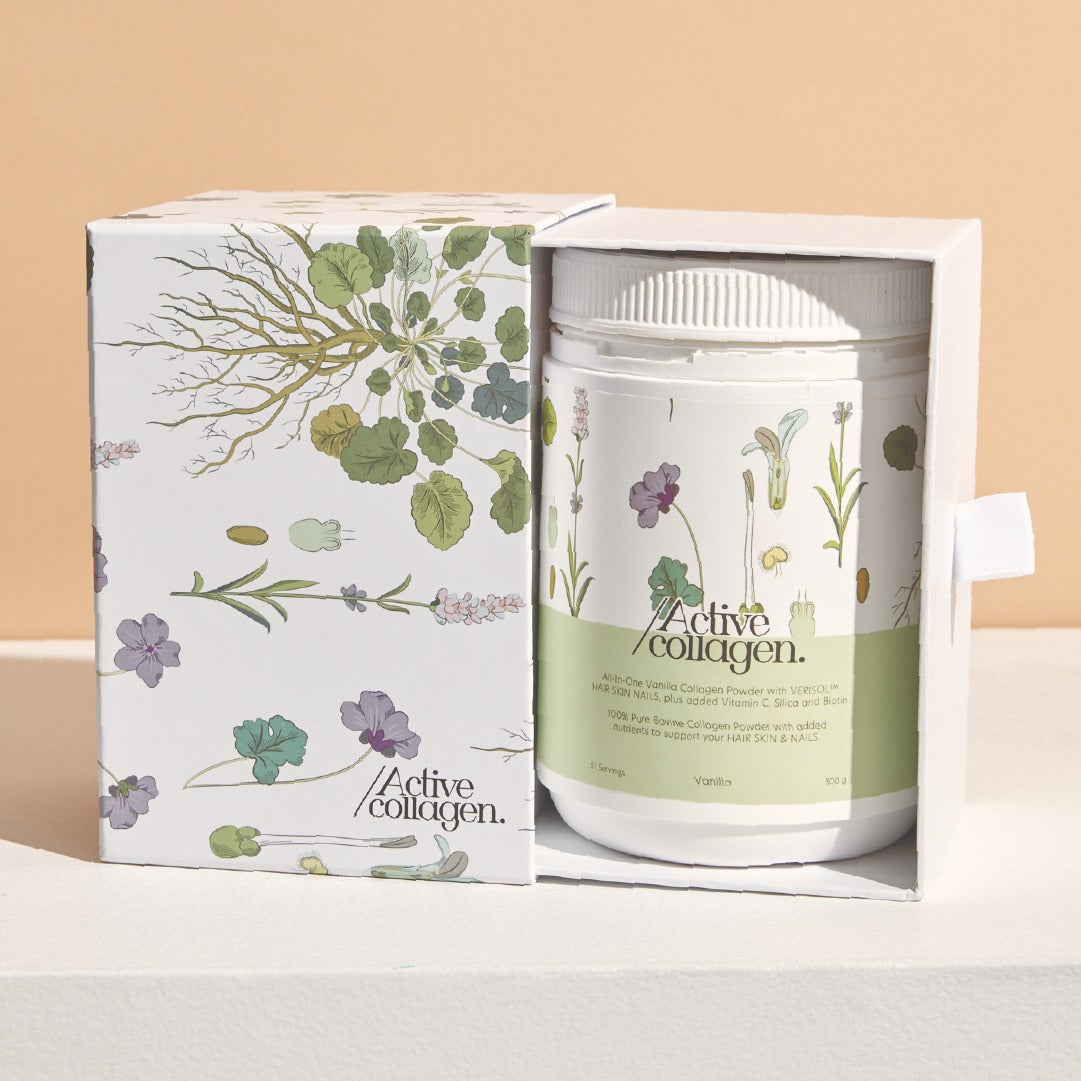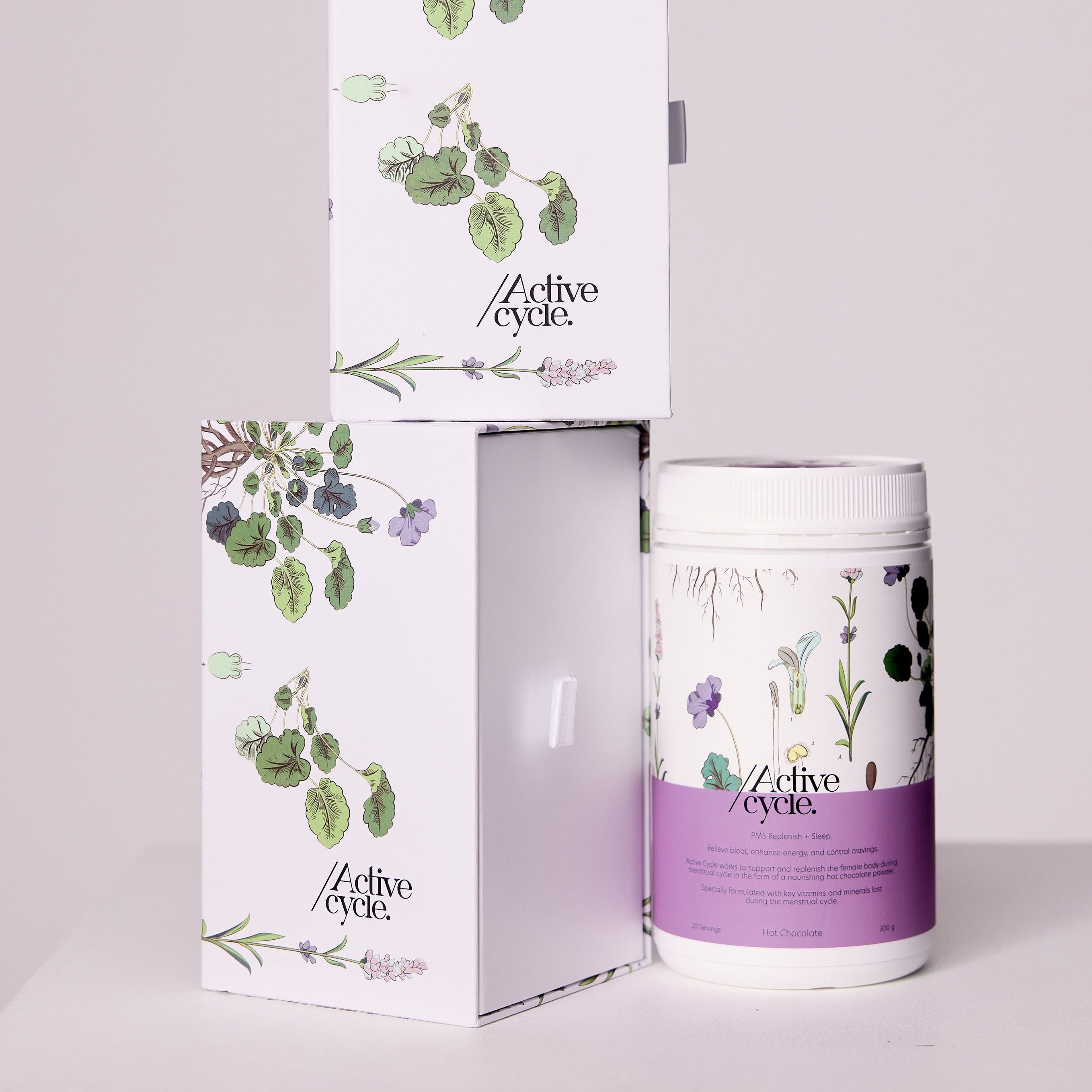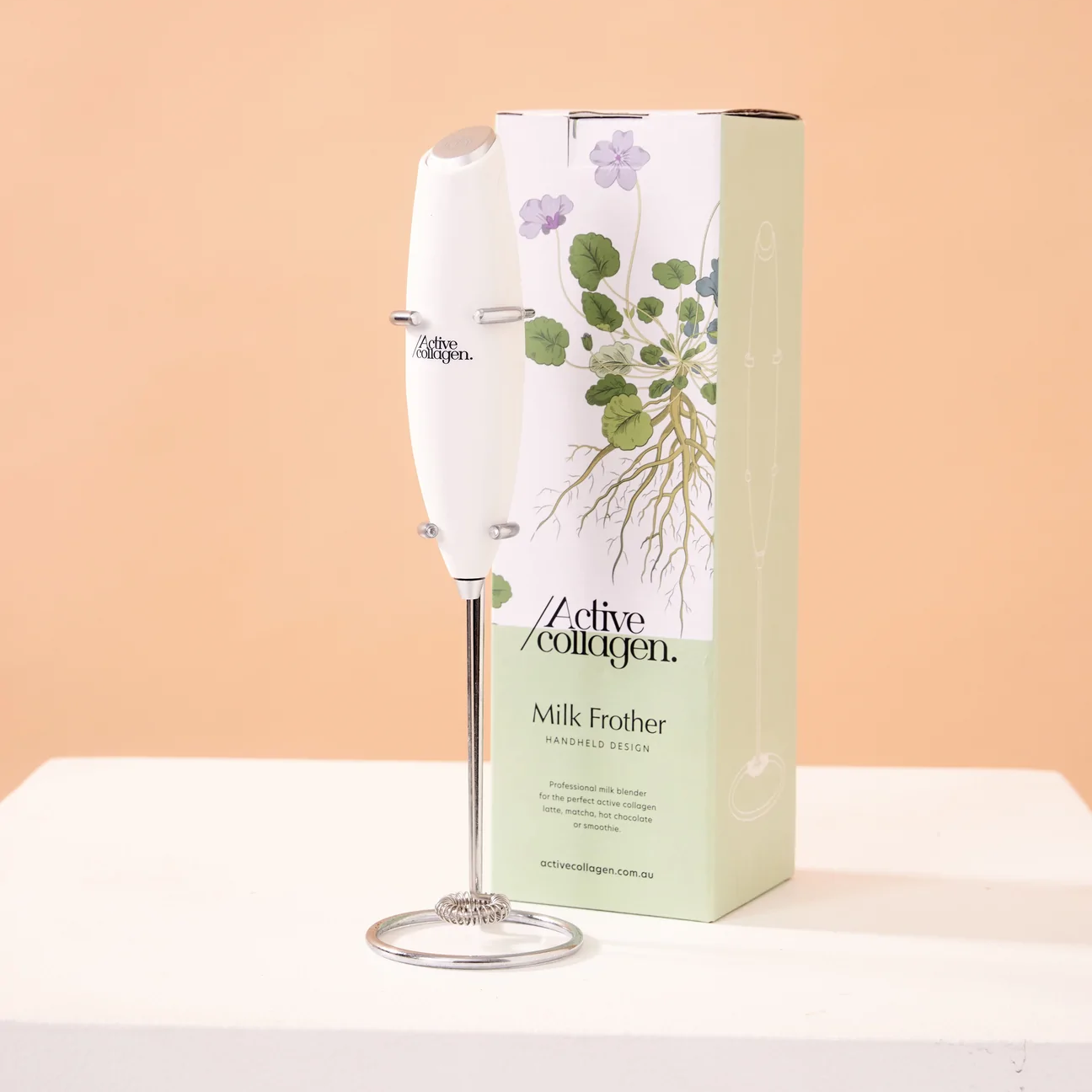Adaptogens are a group of herbs, plants and fungi that work to keep the body in a balanced stress reduced state or homeostasis. Adaptogen herbs are becoming more popular than ever for navigating everyday stressors like the to-do lists that just keep getting longer and certain types of stress that require a bit more TLC – anxiety, fatigue, burnout.
The use of adaptogens is prevalent within the Traditional Chinese Medicine (TCM) space where the use of these plants has a strong affinity with certain body systems, especially the nervous system and the hypothalamic-pituitary-adrenal axis (HPA). Stress is identified in the body as a fight or flight response. The adrenal glands that sit on top of our kidneys receive messages from our brain – the HPA axis – that we are stressed and release the stress hormone cortisol into the blood.
So how do adaptogens balance our response to stress? Studies over the last century have shown that herbs with adaptogen quality are able to produce a positive stress response by strengthening the adrenal and nervous systems, regulating sufficient hormone secretion and maintaining normal gland function. Most importantly though, adaptogens reduce our sensitivity to stressors (hallelujah!)
Navigating stress can be tough but these powerful plant substances have got your back.
Withania somnifera (Ashwagandha)
Probably one of the most talked about adaptogens is Withania somnifera – or ashwagandha in Ayurveda. The nourishing root of this woody plant is commonly the most utilised part for its modulation of stress and anxiety along with its effects with aiding sleep. Constituents contained in ashwagandha like withanolides and sitoindosides have shown to produce anti-stress activity seen as reduced levels of blood cortisol in highly stressed individuals.
Rhodiola rosea
Rhodiola rosea – or golden root - is a wild flowering plant generally recommended for sleep disorders such as insomnia, and for mood disorders like anxiety. Extracts from the root have effects on reducing cortisol secretion and increasing serotonin release, the feel-good hormone. It is no wonder people report having improved mood, lower stress and increased quality of life after incorporating Rhodiola rosea.
Ganoderma lucidum (Reishi mushroom)
In TCM, Reishi has many powerful uses and has been deemed the ‘herb of spiritual potency’. However, its support for stress is notable. Qi in TCM refers to the state of balance within the body where optimal functioning can occur. Ganoderma lucidum recharges the qi through decreasing oxidative stress and supporting nervous system function. Its ‘easing’ properties are particularly helpful in times of anxiety and insomnia. Many parts of the fungi are utilised – spores, mycelia and fruit – and are amongst the popular medicinal mushroom coffee alternatives.
Panax ginseng
Confirmed as a true adaptogen, Panax ginseng has been utilised since ancient times and is still in very popular use. It provides stress support by acting on adrenal function through inhibiting excessive cortisol production from the HPA axis. Panax ginseng is rich in phytochemicals with adaptogenic qualities known as ginsenosides that are mainly extracted from the roots of the plant and taken as a tonic. However, this adaptogen isn’t only fabulous for perceived stress – we’re looking at you email inbox - but also for immune, inflammatory and cardiovascular stress.
Of course, adaptogens aren’t only limited to this list. But it’s great to get to know a few of the plants that have such an impact on something as predominant as stress.
Keep a look out for the launch of Active Cycle – only weeks away – which includes ingredients like ashwagandha to help relieve PMS stress. Seriously, it is going to be good!
Liao, L. Y., He, Y. F., Li, L., Meng, H., Dong, Y. M., Yi, F., & Xiao, P. G. (2018). A preliminary review of studies on adaptogens: comparison of their bioactivity in TCM with that of ginseng-like herbs used worldwide. Chinese medicine, 13, 57. https://doi.org/10.1186/s13020-018-0214-9
Todorova, V., Ivanov, K., Delattre, C., Nalbantova, V., Karcheva-Bahchevanska, D., & Ivanova, S. (2021). Plant Adaptogens-History and Future Perspectives. Nutrients, 13(8), 2861. https://doi.org/10.3390/nu13082861
Chandrasekhar, K., Kapoor, J., & Anishetty, S. (2012). A prospective, randomized double-blind, placebo-controlled study of safety and efficacy of a high-concentration full-spectrum extract of ashwagandha root in reducing stress and anxiety in adults. Indian journal of psychological medicine, 34(3), 255–262. https://doi.org/10.4103/0253-7176.106022
Wachtel-Galor, S., Yuen, J., Buswell, J. A., & Benzie, I. (2011). Ganoderma lucidum (Lingzhi or Reishi): A Medicinal Mushroom. In I. Benzie (Eds.) et. al., Herbal Medicine: Biomolecular and Clinical Aspects. (2nd ed.). CRC Press/Taylor & Francis. https://pubmed.ncbi.nlm.nih.gov/22593926/




